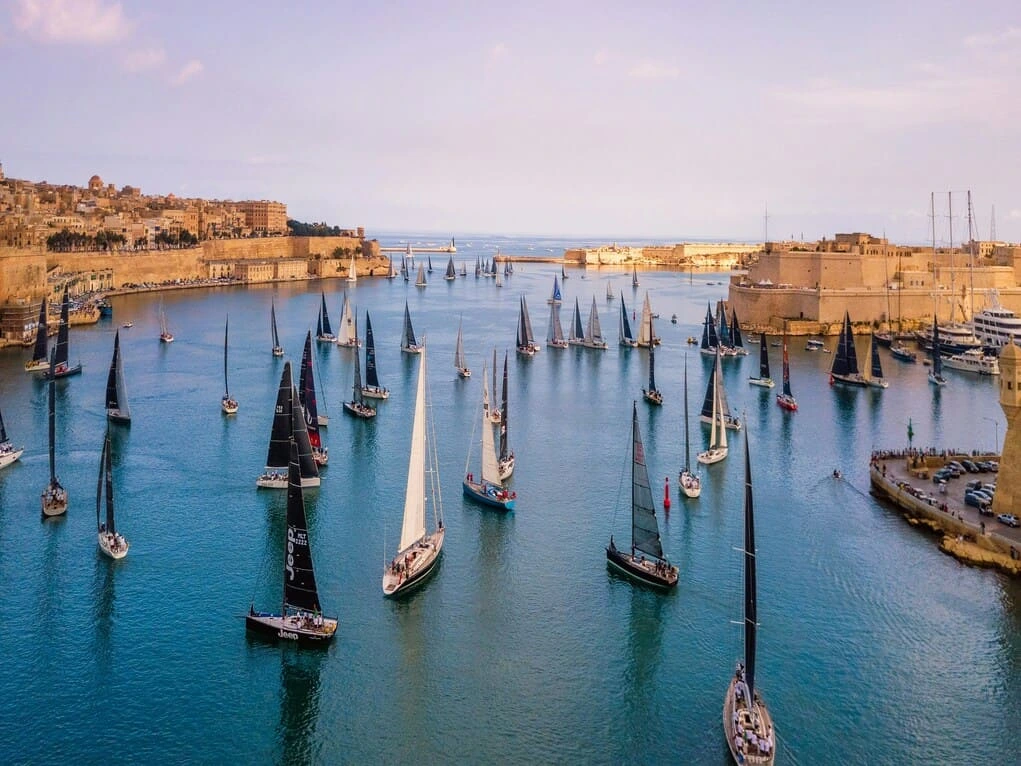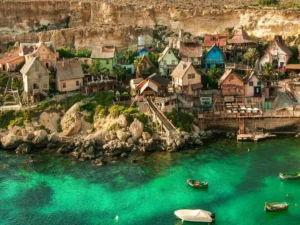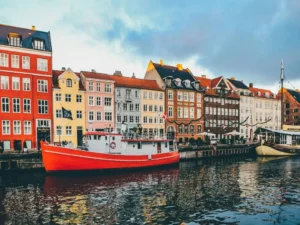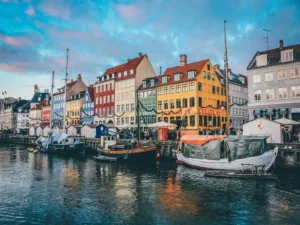To understand how to manage an inheritance in Malta, you must determine the applicable law (EU Regulation 650/2012), gather death certificates, apostilles, and sworn translations, identify the competent notary, fulfil any fiscal duties, and formalize the distribution of assets. Below you’ll find the main steps, a document table, and FAQs to guide you.
If you’re wondering “how do I manage an inheritance in Malta”, follow these steps and review the document table below.
Table of contents
Steps
Applicable law and will
Determine the deceased’s habitual residence and, if relevant, the professio iuris under EU Regulation 650/2012. This regulation often applies to cross-border estates involving Malta. Review the will to ensure it complies with Maltese law or international rules.
Documentation
Collect key documents: death certificate, certificate of last will, asset inventory, apostille (if foreign documents), and sworn translations into English or Maltese. This is essential when learning how to manage an inheritance in Malta, especially if assets are located in different countries.
Notary and representation
Identify the competent notary in Malta or abroad. Powers of attorney may be used if the heirs cannot travel. A notary will verify heirs’ rights and handle the drafting of inheritance deeds.
Tax obligations
Although Malta has no inheritance or succession tax, there may be related transfer or stamp duties, especially for immovable property. If there are Spanish assets, the Spanish Inheritance and Donations Tax (ISD) might apply.
Distribution and registration
Once taxes and formalities are completed, sign the deed of acceptance and register the assets in the appropriate Maltese and foreign registries. Understanding these registration steps is key to mastering how to manage an inheritance in Malta.
Documents and deadlines
| Document | Issued by | Where | Apostille/Translation? | Estimated time | Approx. cost |
|---|---|---|---|---|---|
| Death certificate | Civil Registry | Country of death | Yes, if foreign | 3–10 days | €10–30 |
| Certificate of last will / testament | Notary / Public registry | Malta or abroad | Apostille + translation if foreign | 3–15 days | €20–60 |
| Asset inventory | Banks / registries | Each country | Depending on document | 1–4 weeks | — |
| Hague Apostille | Competent authority | Country of issue | — | 1–10 days | €20–60 |
| Sworn translation | Certified translator | — | — | 2–7 days | €0.08–0.15/word |
| Acceptance / partition deed | Notary | Malta / abroad | Depending on annexes | 1–3 weeks | €300–1,200 |
When exploring how to manage an inheritance in Malta, timing and accuracy are vital—especially for documents issued abroad that require legalization or translation.
Taxes
- Maltese taxation: There is no inheritance or estate tax in Malta, but stamp duty applies to the transfer of real estate or shares.
- Foreign taxation: If the deceased owned assets in other jurisdictions (such as Spain or Italy), their local inheritance taxes apply.
- Double taxation: Review double tax agreements or specific EU rules to avoid paying twice on the same estate.
Transfer and registration
- Acceptance and partition deed: The notary prepares a deed listing assets and heirs’ shares.
- Registration: Property transfers are registered in the Public Registry of Malta or the Land Registry, depending on the type of asset.
- Representation abroad: If heirs live outside Malta, powers of attorney must be legalized and translated.
Careful handling of these administrative steps ensures a smooth process and prevents delays in how to manage an inheritance in Malta.
Frequently asked questions
How to manage an inheritance in Malta?
Identify the applicable law under EU Regulation 650/2012, collect certificates and apostilles, determine the competent notary, fulfill tax duties, and formalize the asset transfer. See the sections above for detailed steps.
Is there an inheritance tax in Malta?
No, Malta does not impose inheritance or succession taxes. However, stamp duty may apply to immovable property or share transfers.
Do heirs have protected rights in Malta?
Yes. Under Maltese law, children and spouses have a reserved portion (legítima). Generally, children receive between one-third and one-half of the estate, and the spouse also has a legal share.
Can I manage an inheritance remotely?
Yes. Through notarized powers of attorney, heirs can authorize legal representatives in Malta to complete all procedures without traveling.
What happens if the deceased owned assets in multiple countries?
Then EU Regulation 650/2012 applies, determining one applicable law—usually that of the deceased’s habitual residence. This greatly simplifies how to manage an inheritance in Malta involving foreign property.
How long does it take to complete the inheritance process in Malta?
Depending on documentation and property type, the process can take between 1 and 4 months. Apostilles and translations usually cause the most delay.
Can Grupo Hereda help with inheritances in Malta?
Yes. Grupo Hereda specializes in international succession law and can manage every step from document collection to registrationefficiently and transparently. If you are uncertain how to manage an inheritance in Malta, seeking professional help with Grupo Hereda is the best choice for peace of mind.
Conclusion
Dealing with cross-border estates can be challenging, especially when you’re unsure how to manage an inheritance in Malta while complying with both EU and Maltese legal frameworks. Although Malta offers a relatively straightforward inheritance system—with no inheritance tax and clear heir protections—the paperwork and cross-border elements can still be complex.
For that reason, it’s always advisable to seek expert assistance. Grupo Hereda, with more than 25 years of experience in international inheritance law, can guide you through each step of the process, ensuring full compliance and efficiency.
If you’re still wondering how to manage an inheritance in Malta, contact Grupo Hereda for personalized guidance and legal support.
Legal references:
EU Regulation 650/2012
This regulation sets out rules on jurisdiction, applicable law, recognition and enforcement of decisions, acceptance and enforcement of public documents in matters of succession, and the creation of a European Certificate of Succession. It applies to all EU member states, including Malta.
Malta Duty on Documents and Transfers
Although Malta does not levy inheritance or estate taxes, there is a property transfer duty. This duty applies to the acquisition of immovable property and varies depending on the type of acquisition and the relationship between the parties.
European Certificate of Succession (ECS)
The European Certificate of Succession facilitates proof of status as an heir or legatee in another EU member state. This document is particularly useful for cross-border inheritances within the EU.
European e-Justice Portal
The portal provides official information on inheritance law in Malta, including procedures and requirements for managing an estate in the country.
Grupo Hereda
Grupo Hereda is a law firm specialized in international and national inheritances, with more than 25 years of experience handling complex succession cases.
We assist with inheritances in Denmark involving heirs in Spain, as well as inheritances in Spain with beneficiaries residing in Denmark or other countries.
Our legal team coordinates every phase of the process from obtaining certificates and apostilles to settling taxes and registering assets in the corresponding registries.
If you’re unsure how to manage an inheritance in Denmark Grupo Hereda guides you step by step, offering comprehensive legal advice and remote representation.
We also manage all types of international and national inheritances, ensuring legal security and time efficiency.
💬 Free Consultation:
If you are facing a complex inheritance or don’t know where to start, don’t give up your rights.
Contact us, and we will find a personalized solution for your case.
📞 Call us: (+34) 915 487 550
📧 Email: info@grupohereda.com
🌍 We operate throughout Spain and handle international inheritances across Europe and beyond the EU.






